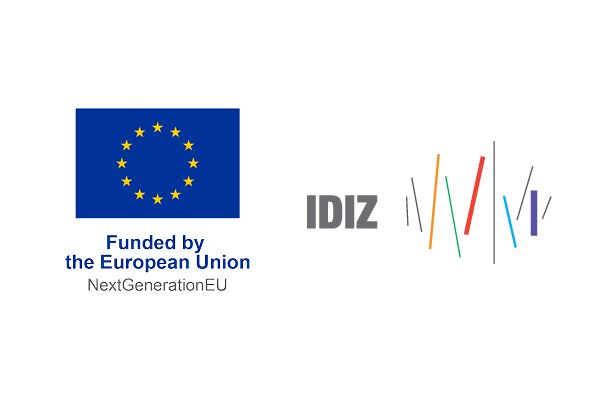Competitive research projects
Effects of the Europeanization Process in Selected Urban-Rural Areas of Croatia – HREUURBRUR
About project
Project basics
- Acronym: HREUURBRUR
- Coordinator: Institute for Social Research in Zagreb
- Financed by: ISRZ Research Programme – Ministry of Science, Education and Youth via NextGenerationEU Fund, European Commission
- Duration: 1 January 2024 – 31 December 2027
Project description
Upon the EU accession, Croatia signed a number of strategic documents by which it became entitled to carry out the public policies that the EU promotes as the Europeanization process. As of 2021, Croatia has been divided into 4 NUTS2 regions: Pannonian Croatia, Adriatic Croatia, the City of Zagreb and Northern Croatia, in which the Europeanization process will be explored. Also, the new programming period of the National Recovery and Resilience Plan (NPOO) foresees particular investments in urban development (e.g. the ITI mechanism for 2021-2027). It is thus envisioned to explore how much the Europeanization process is applied in the Croatian urban space. Also, regarding the rural area, it will be investigated what the consequences are of the 2020 earthquake and the accession into the Schengen Area at the “hard“ and “soft“ border areas. In selected estates in Croatian regions, the quality of life and the implementation of the green transition will be explored (improvement of public spaces and green infrastructure). In the City of Zagreb and selected counties affected by the earthquake it is envisioned to explore the status of renewal at the level of city centres and suburban city estates, which had major damage. In that context, it is important to monitor the onset of negative demographic processes of depopulation and emigration of inhabitants, which affects the quality of everyday life (in the local community) and brings along uneven regional development, while leaving derelict and isolated spaces on the map of Croatian settlements.
Main aim/s of the project
The project aims to enhance the quality of life in urban-rural areas of Croatia, in line with the Europeanization process and EU policies that promote sustainable development (green transition, enhancement of public spaces and green infrastructure, and participation of citizens in managing their living environment).
An additional aim is to explore the process of urban and post-earthquake renewal on examples of affected cities and counties (centres and suburban neighbourhoods, cultural-historical city units) to provide strategically and nationally relevant public policies.
Additionally, the aim is to investigate the political and social framework of Croatia's accession into the Schengen Area (the situation in border areas and division into “hard“ and “soft“ borders), and the new positioning of Croatia in the European neighbourhood.
Another additional aim is to explore certain rural settlements that are particularly affected by negative demographic processes and the earthquake, and therefore marginalized and isolated.
Logo

